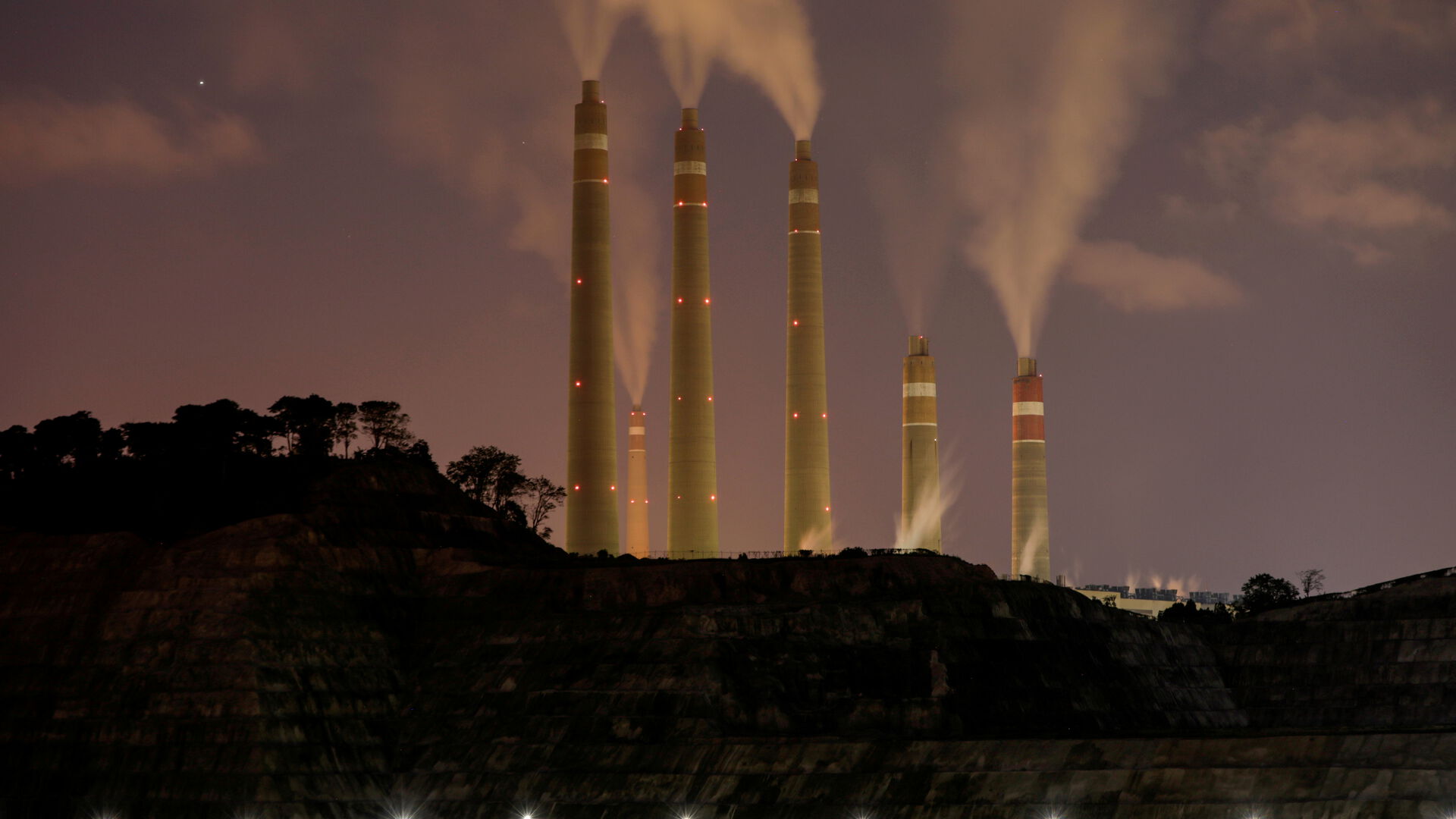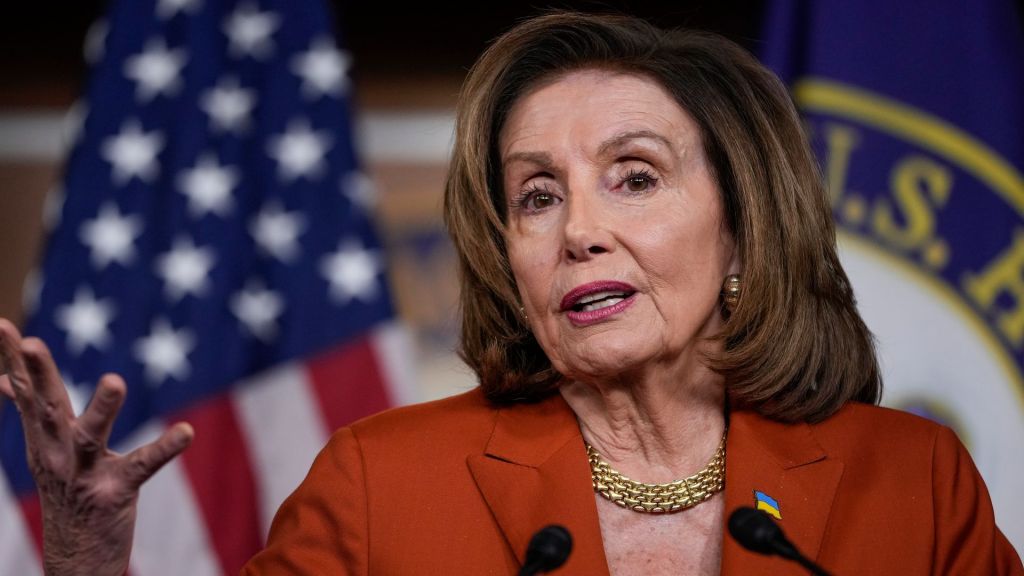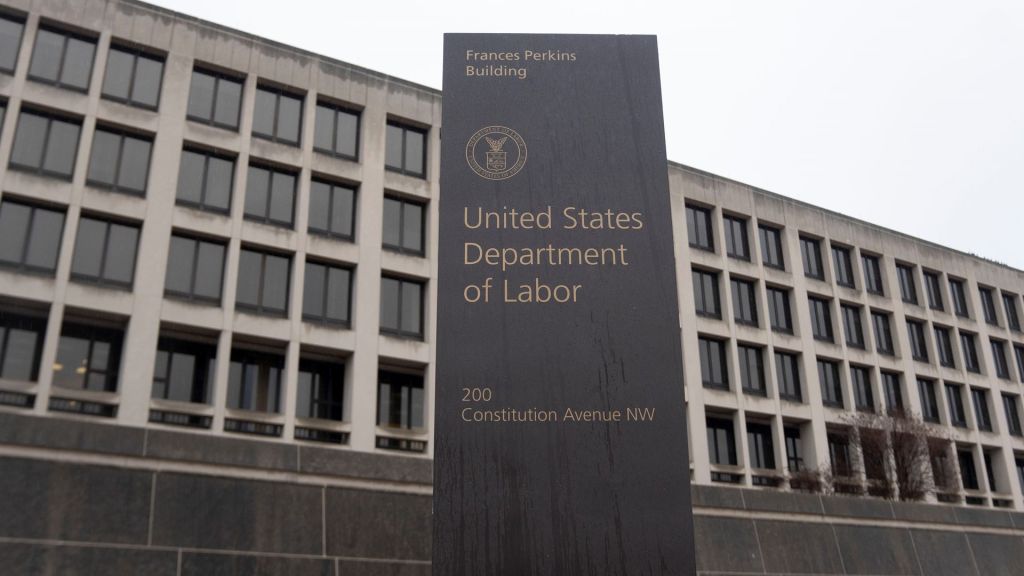
Alok Sharma, COP26 President: “Today, I think we can say that the end of coal is in sight. The progress we’ve seen over the past two years would have seemed like a lofty ambition when we took on the COP presidency back in 2019. Who would have thought back then that today we’re able to say that we are choking off international coal financing or that we would see a shift away from domestic coal power.”
“And so today, we are publishing the Global Coal to Clean Power transition statement, a commitment to end coal investment, to scale up clean power, to make a just transition and phase-out coal in the 2030s in major economies, and in the 2040s elsewhere.”
Cyril Ramaphosa, South African President: “Achieving these targets will require the transformation of our energy system at an unprecedented speed and scale. This will include the decommissioning, the re-powering and the re-purposing of coal-fired power stations and the roll out of renewable energy. But our ability to do so will be determined by the extent of support that we receive from developed economies. The political declaration that we announced this week with governments of France, Germany, the United Kingdom and the United States as well as the European Union represents an important breakthrough in this effort.”
Kwasi Kwarteng, UK Business Secretary: “It’s clear to us all that to keep 1.5 degrees in reach, we need to consign coal to history and make clean energy our future. But of course, beyond the climate imperative, there is a green industrial revolution out there, within our grasp, that promises huge economic opportunities for our people and our communities.”
“We must build this low-carbon transition with the people most affected, and also provide ways in which local communities and workers can be involved directly in the decisions that affect their future.”
Alok Sharma, COP26 President: “Today, we are seeing action on coal and it’s at the heart of the energy transition. It has been a personal priority of mine since I took on this role. And thanks to a package of support from the U.K. and our international partners, a 190-strong coalition has today agreed to phase out coal power and end support for new coal power plants. I think we can say with confidence that coal is no longer king.”
“It is uneconomic. The G-20 will end its financing for international coal this year, investors are also bailing out and today, amongst other institutions, NatWest, HSBC, Fidelity International and Lloyds Banking Group are joining the Powering Past Coal Alliance. Countries are turning their back on coal and towards cheaper, cleaner renewables.”
“So, since the Paris agreement in 2015, there has been a 76% cut in the number of new coal plants planned globally – that’s more than 1,000 gigawatts of planned new plants canceled. The end of coal is in sight. In addition, 24 countries including Canada, the United States and Denmark, together with public finance institutions, have signed a U.K.-led joint statement committing to ending international public support for the unabated fossil fuel energy sector by the end of 2022.”






